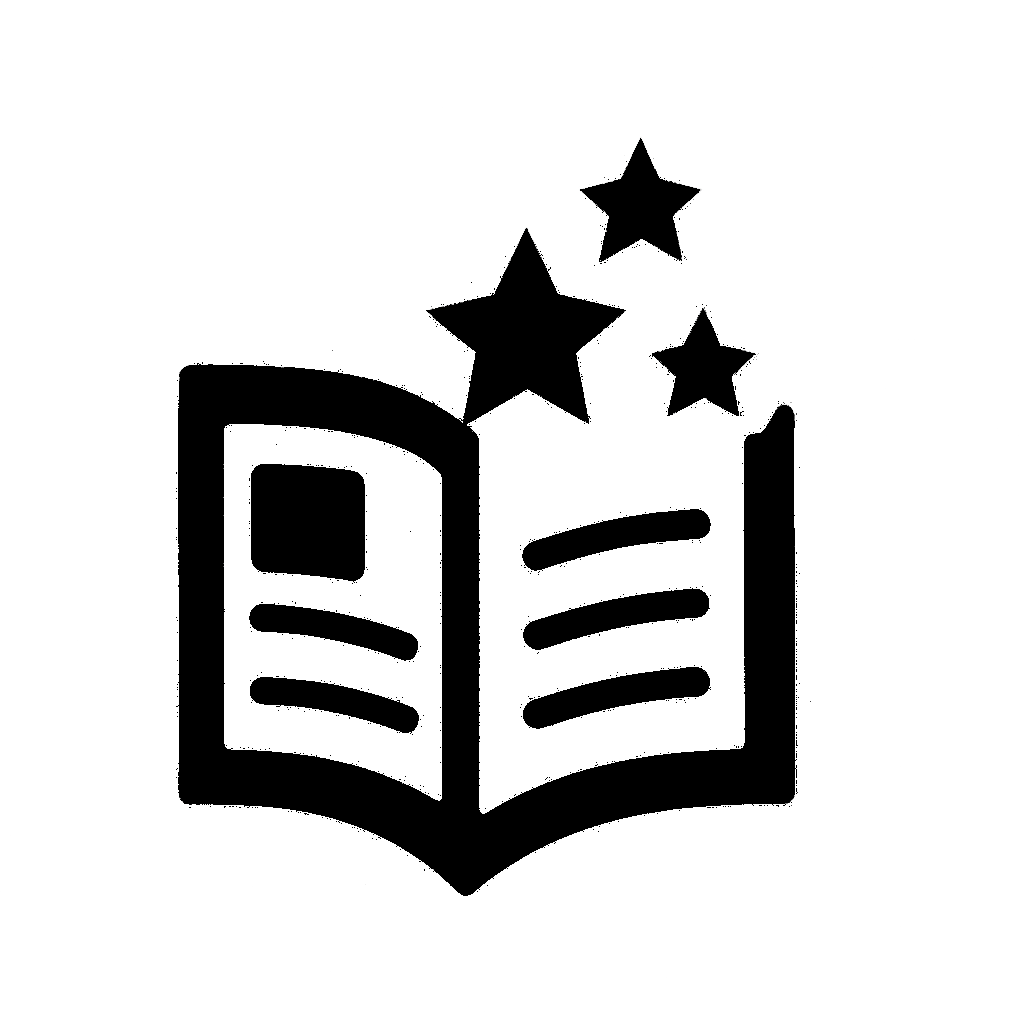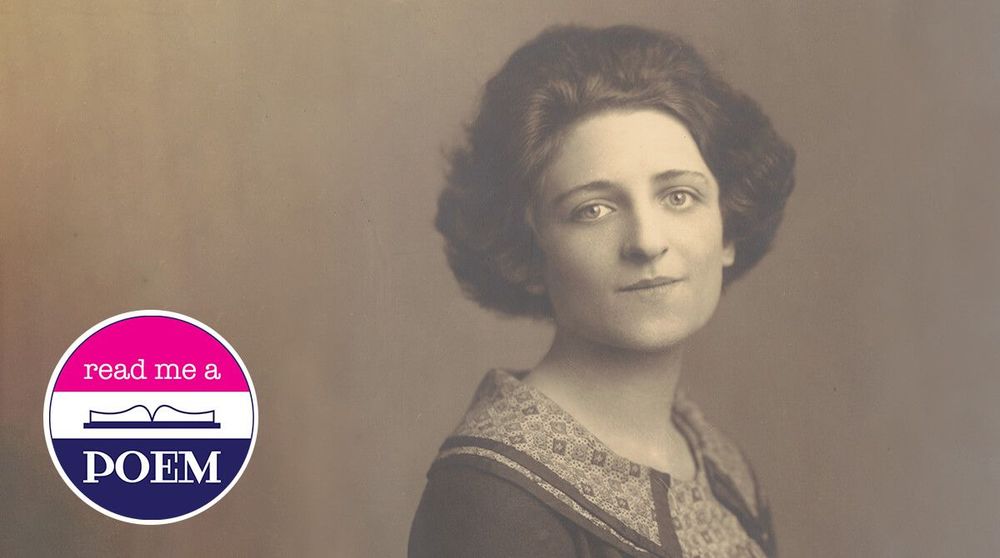
The American Scholar
@theamscho.bsky.social
180 followers
74 following
430 posts
A quarterly journal of literature, science, and culture published by
Phi Beta Kappa for a general readership since 1932.
📍Washington, DC 💻 theamericanscholar.org
Posts
Media
Videos
Starter Packs



















